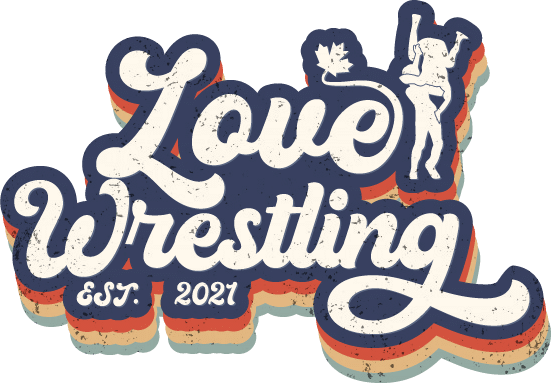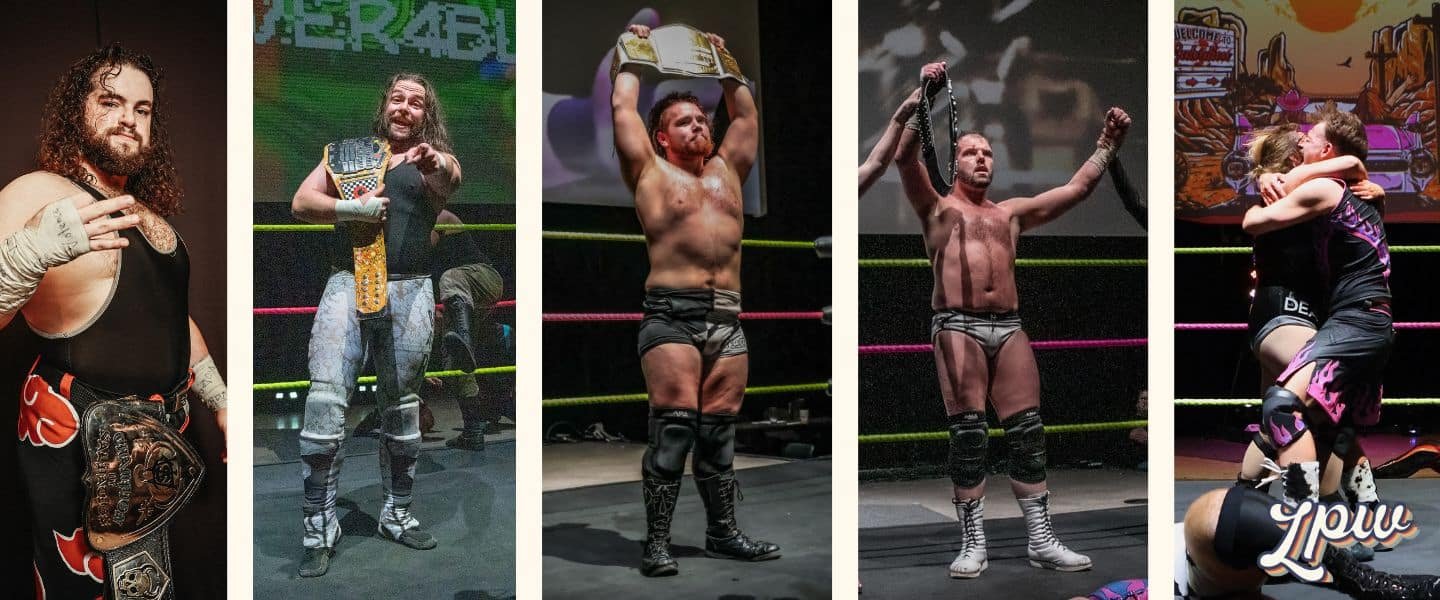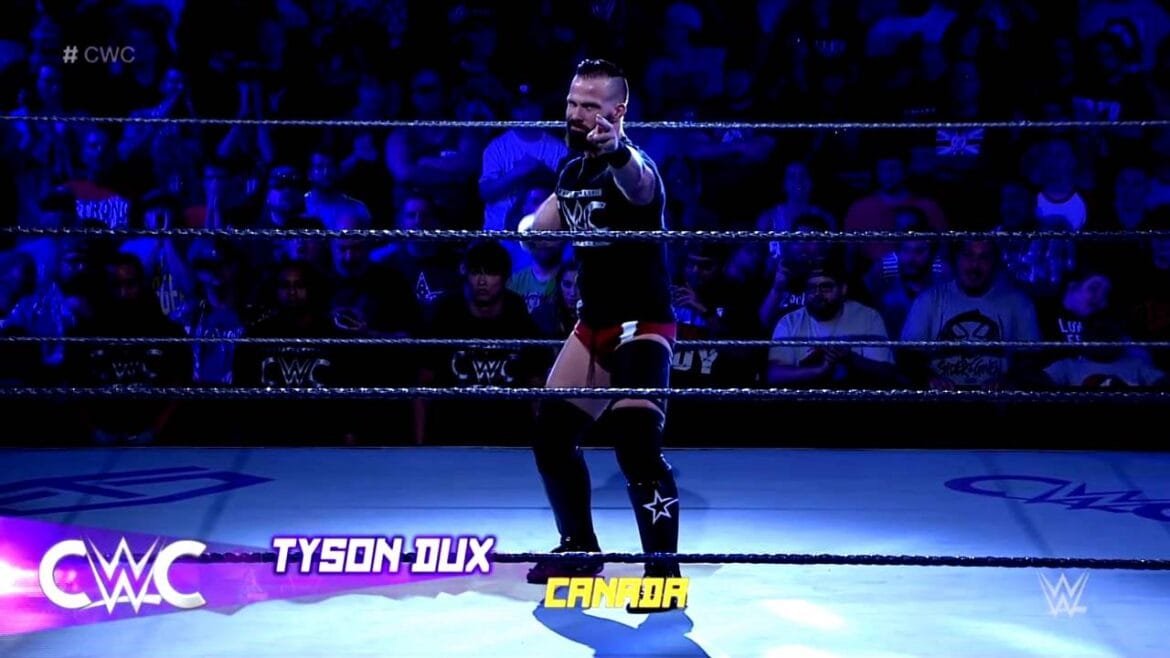Few professional wrestlers are as associated with the Canadian pro wrestling scene as Tyson Dux. The 20-year veteran has long been regarded as one of the countries’ top independent professional wrestlers and has gone on to represent the country in the WWE’s Cruiserweight Classic, in TNA as part of Team Canada, and under the WhatCulture Pro Wrestling banner as the promotion’s Canadian representative. It’s earned him accolades as one of the ambassadors of Canadian pro wrestling, an accolade that he discussed during our recent conversation.
His status as an ambassador of Canadian professional wrestling:
“See, I never even think about it. It’s so weird because I have people tell me stuff like this every once in a while, I’ll brush it off.”
“To me, I have so much I want to do and so much I still want to accomplish, that I always have – my vision is almost tunnel. It’s almost tunnel-like, where I’m always just pushing forward and wanting to go ahead, because I always keep thinking like, when I’m done and I’m retired and I’m old, I can sit back and I can reflect and enjoy the time that I had and what I accomplished. In the meantime, as I’m young enough to go out there and do it, my mindset has always kept me from reflecting because I’m always pushing ahead. The moment I’m done is when I’ll relax on it – maybe!”
Canadian pro wrestling being under-appreciated:
“That is exactly what it is. It’s a geographical thing. We live in this massive, massive country with one of the smallest populations on Earth.
We have places that are smaller than Ontario, countries that are smaller than Ontario with three times, four times the population we have here.
That adds a lot to it, because if you don’t have – Quebec City has a promotion called NSPW, and they have such talented workers like a Matt Angel, or a Marco Estrada, or a Marcus Burke, who’s from New Brunswick as well, these guys don’t get the due they should have, and they’re all über-talented guys, but you’re not going to have it when you’re in the middle of Quebec City and nobody else but that fan, that clique of fans, can appreciate them.”
“So, you don’t have the write-ups, you don’t have the – even in the social media day and age, everybody’s Canadian social media when it comes to promotions and stuff is very weak. It isn’t as strong as in the middle of the States, because it is the America’s. It has more media, it has more outlets, it has more interest in that kind of stuff that it gets pushed to the moon, whereas we really don’t.”
Representing Canada in the Cruiserweight Classic, TNA, and more:
“I haven’t even put much thought, seriously. When you mentioned it is the first time I put two and two together. Like, I’ve done Impact as Team Canada or TNA as Team Canada, the Cruiserweight Classic I was the Canadian representative, for the WhatCulture tournament I was also Canada trying to get into the finals there. It’s a little overwhelming sometimes if I sit back and I do think about it because there are a lot of moments and there has been a lot of opportunities where I’ve gotten to represent and hopefully I’ve represented well.
What makes the Ontario wrestling scene unique:
“Ontario’s a little different than the other provinces, because it’s very central, and a lot of people want to come here (with) Toronto being the big city. And, it has a lot of cities that are close to Toronto. It’s not Toronto itself – I’m not saying Toronto’s the most major city in all of Canada, but we do have a lot of cities, feeder cities that go around it, so anywhere within an hour to two-hour range you could be in another city, which is a little bit different than being anywhere else. Even in New Brunswick, where I’m from, to travel from Miramichi where I grew up in the little city there to Moncton is over two hours.”
“When you have the ability to hit a highway and drive under two hours and be on another show in another town and stuff like that, it is going to, first of all, start more promotions. There’s more work in Ontario than there is in any other province, and that’s not a bragging thing, it’s just a logical thing. Because there’s so many cities and they’re all based around each other, there’s so much work to be had. That way, with so many shows and so many different little hotspots in Ontario, guys get to be seasoned a lot sooner than, say, in the middle of Quebec, or in New Brunswick, or Prince Edward Island where they would only have a show maybe every two months or three months, you have guys working three times a week. So, in that regard, you’re going to get a little bit more seasoned, a little bit better, just because practice makes perfect.”
“The more time you put into it, the better you are. I’m not saying that pro wrestlers out of Ontario are better, that’s not what I’m saying, but I’m just saying that you’re going to hear about them more. They’re going to be more frequent. They’re going to be able to use their skills a little bit more than they would in say, Saskatchewan. Prepared is a good way of saying it. If you have a week off, or two weeks off, it’s not that you’re rusty, but you could be a little bit foggy in the head, or ‘oh, what should I do? How am I going to react to this?
’ Whereas if you’re consistently going at it every weekend, you don’t have that option anymore. You’re just good to go.”
Please credit Spencer Love/Love Wrestling with any transcriptions used.


